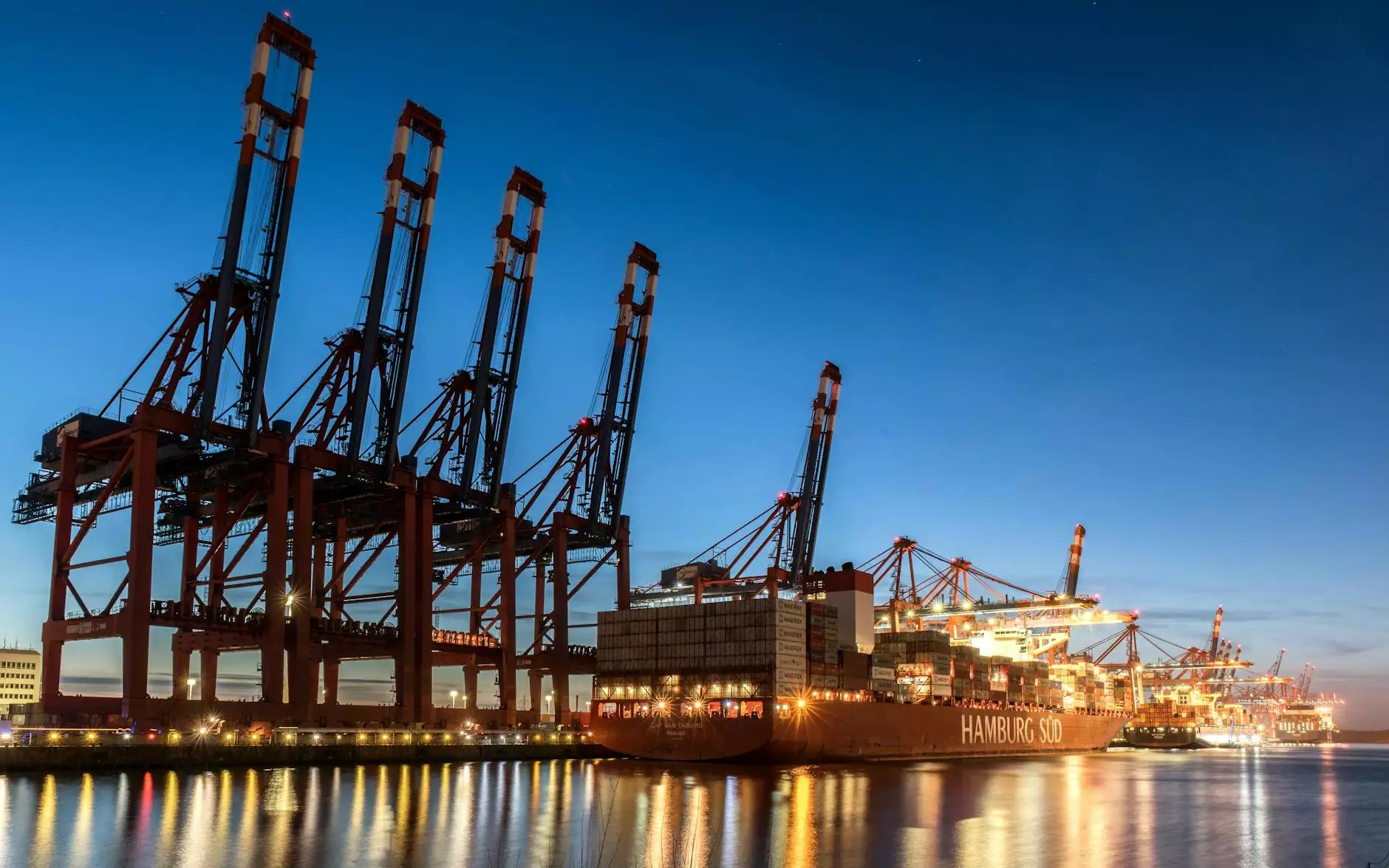The Power of LTL Freight in Modern Business

In today's fast-paced commercial environment, efficient shipping solutions are crucial for businesses seeking to maintain competitive advantages. One such solution is Less-Than-Truckload (LTL) freight services. This article explores the multifaceted benefits of LTL shipping, offering insights on how your business can leverage this powerful logistical strategy to optimize costs and enhance operational efficiency.
Understanding LTL Freight
Before diving into the advantages, it is essential to understand what LTL freight entails. LTL freight refers to the shipping of relatively small freight loads that do not require the use of an entire truck. Companies can share the space within a single truck, significantly reducing shipping costs as compared to exclusive truckload shipping.
Key Features of LTL Freight
- Cost-Effective: Because you share a truck with other shipments, the cost is divided among multiple businesses, making it a more economical option.
- Flexible Shipping Options: LTL services offer various schedules and delivery options to cater to different needs, allowing for greater flexibility.
- Greater Accessibility: Smaller shipments can often be easier to manage, providing access to regional markets that may not require full truckloads.
- Trackability: Most LTL carriers provide tracking services, ensuring transparency throughout the shipping process.
The Importance of Business Consulting in LTL Shipping
As businesses explore the benefits of LTL freight, engaging with professional business consulting services can amplify those benefits significantly.
How Business Consulting Enhances LTL Freight Efficiency
Business consultants specializing in logistics can assess your current shipping strategies, identify bottlenecks, and recommend improvements. Their expertise can lead to several advantages:
- Optimized Routes: Consultants can help plan the most efficient shipping routes to minimize time and cost.
- Improved Packaging Solutions: Businesses can benefit from expert advice on how to package goods to maximize space utilization within an LTL shipment.
- Regulatory Compliance: Understanding rules and regulations surrounding freight shipping can be daunting. Consultants can guide your business in adhering to legal requirements.
- Cost Forecasting: Accurate forecasting of shipping costs allows businesses to manage their budgets more effectively, ensuring financial stability.
Choosing the Right Shipping Center for LTL Services
In selecting a shipping center to handle your LTL freight needs, it’s important to consider several factors that will influence the performance of your logistics strategy.
Factors to Consider When Choosing a Shipping Center
- Reputation: Research shipping centers with robust reputations for reliability and service quality. Customer reviews can provide insights into their performance.
- Services Offered: Ensure the shipping center provides comprehensive LTL services, including pickup, delivery, warehousing, and tracking capabilities.
- Technology Integration: A shipping center that utilizes advanced technologies for tracking and logistics management can improve your shipment’s efficiency and reliability.
- Pricing Transparency: Look for a shipping partner that offers clear pricing structures and no hidden fees to avoid unexpected expenses.
Advantages of Vehicle Shipping in Business Models
For certain businesses, especially those reliant on transporting vehicles, understanding the nuances of LTL vehicle shipping is critical. This segment of shipping allows businesses to transport vehicles while sharing truck space, optimizing costs further.
Key Benefits of Utilizing Vehicle Shipping
- Cost Efficiency: By combining shipments, businesses can significantly reduce overall transportation costs.
- Reduced Transit Time: LTL vehicle shipping often provides faster shipping times due to optimized routing and scheduling.
- Enhanced Security: Specialized LTL carriers often have enhanced security measures in place for valuable cargo, including vehicles.
Strategies for Effective LTL Freight Management
Managing LTL freight requires careful planning and execution. Here are some proven strategies that can help enhance your LTL freight management:
1. Proper Forecasting of Shipping Needs
Effective demand forecasting can aid in understanding shipping patterns, preventing delays, and optimizing inventory levels.
2. Build Strong Relationships with LTL Carriers
Establishing strong relationships with reliable carriers can result in better service, pricing options, and priority assistance during peak seasons.
3. Utilize Technology
Implementing logistics management software can streamline operations and improve visibility across the supply chain.
Understanding the Cost Structure of LTL Freight
To truly benefit from LTL freight, businesses must also understand its cost structure. Costs are generally calculated based on:
- Weight and Dimensions: Heavier items may incur higher costs. Additionally, dimension-based pricing ensures that space is utilized effectively.
- Distance: Longer distances typically lead to higher shipping costs.
- Freight Class: Each item falls into a specific freight class, which influences pricing. Understanding classification can help businesses budget more accurately.
- Accessorial Charges: Additional services such as liftgate use, inside delivery, and residential delivery may incur extra costs. Being aware of these can avoid surprises.
Environmentally Friendly Practices in LTL Freight
As concerns grow about environmental sustainability, many businesses are looking to reduce their carbon footprint. LTL freight presents an opportunity to lower emissions by maximizing truckload capacities and reducing the number of trips needed.
Implementing Green Practices in LTL Freight
- Consolidate Shipments: By combining shipments, companies can minimize the number of vehicles on the road.
- Choose Eco-Friendly Carriers: Select carriers that prioritize sustainable practices, such as fuel-efficient vehicles and eco-friendly packaging materials.
- Monitor Emissions: Use technology to track and report emissions connected to shipping to identify areas for improvement.
Conclusion: Taking Action with LTL Freight
In conclusion, utilizing LTL freight services is a strategic move that can significantly enhance operational efficiency, reduce costs, and support sustainable practices within your business. By leveraging expert business consulting, selecting the right shipping centers, and implementing effective management strategies, companies can unlock new levels of success and efficiency in their shipping operations.
Start today by reaching out to freight service providers and embracing the advantages of LTL freight. You can take your business logistics to the next level while ensuring you remain competitive in today's challenging market landscape.
quote ltl freight








